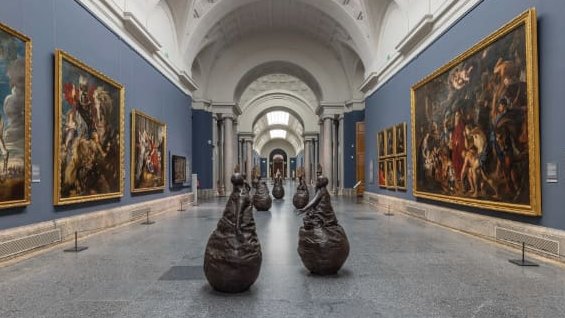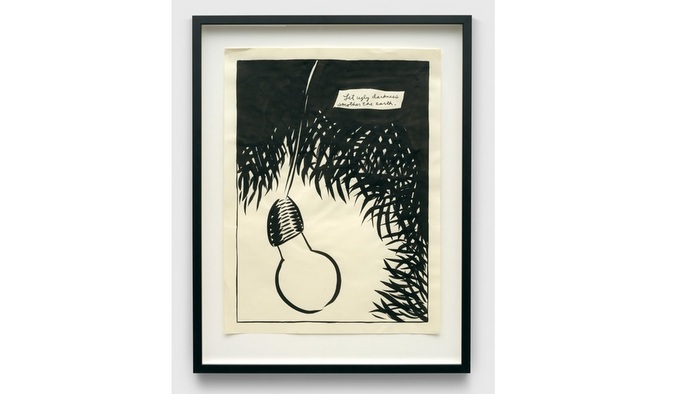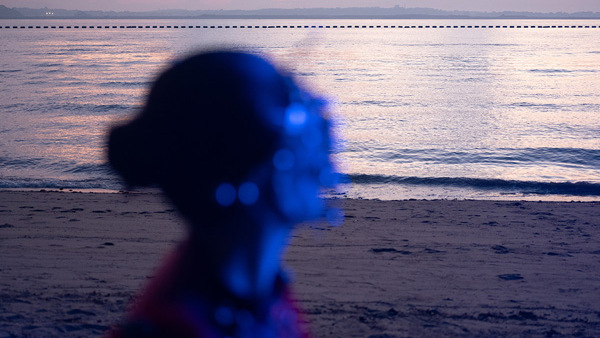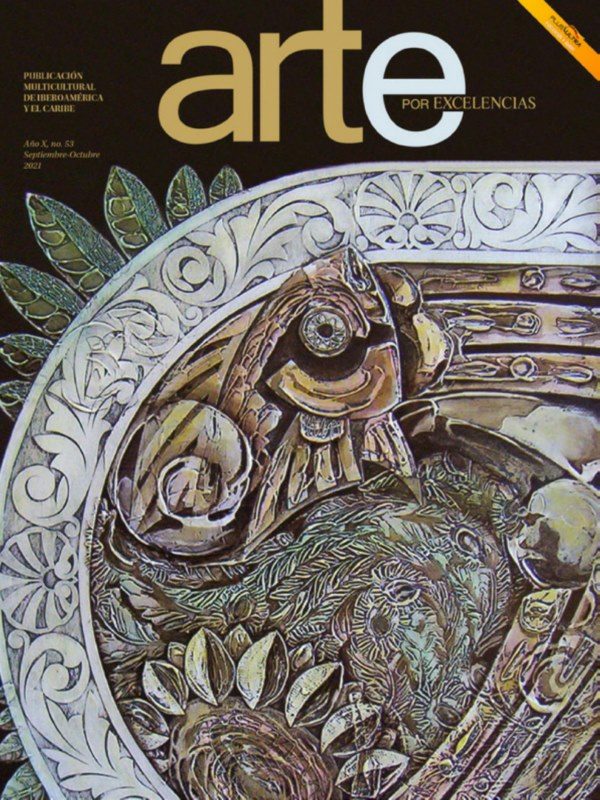By: Yeneily García García
Galician Roi Casal, who plays a wide variety of musical instruments, was not satisfied with the few days he stayed in Cuba during last May. That’s the reason he decided to visit Havana again during his tour around Latin America, so he can offer a unique concert and receive the 2014 CUBADISCO International Award.
I did not have time to have a feedback with the Cuban music and culture, so I was committed to return, said Casal, a known virtuoso of traditional instruments like the Celtic harp, hurdy-gurdy and bouzouki.
Roi came back and he did it with an ambitious project: to record an album in Cuba, which reflects the common history between Galicia and Cuba. Here he will join “top Cuban musicians” and he will use lyrics by writer and journalist Xosé Neira Vilas, who lived and worked for over 30 years in the Caribbean Archipelago.
It was a privilege that Neira Vilas allowed me to use his lyrics. He was very involved with the Revolution, as well as his wife—the also writer Anisia Miranda—and knows pretty well this beautiful country. Every time I come to Cuba, I visit him, stated Casal, who announced that his compositions speak of the experiences of Neira Vilas in Cuba and of personalities like El Caballero de París, Galician mambí Francisco Villamil, and one dedicated to his wife entitled Amor cubano (Cuban Love).
“I am very scared of the so-called fusion albums. It is impossible to do in six months what has taken years to conceive. I do not want it to be artificial, neither be just one more album, but one that helps to build a new cultural bridge between two nations that share so much. The Galician flag and anthem were created in Cuba, where many of my country fellows arrived; that is why I feel this will be one of the most important works of my career.”
Roi also said the album—still untitled and scheduled to be recorded in Havana for the upcoming months—includes Cuban versions of his hits Ninfa das frescas aguas and Rosa, poems by Rosalia de Castro turned into music, as well as mixtures of rhythms which have traveled across the Atlantic and have evolved, such as the rumba made in Spain and Cuba.
Although he did not want to say names yet, he hinted that veteran and new artists “very loved in Cuba and abroad” will participate in it, and confessed that he would be very happy to bring this work to Havana’s Grand Theater, former Galician Center, “an example of all that can be done in group, a symbol of the presence of our common ancestors”.
Source: Cubarte
Related Publications

Museo del Prado | Juan Muñoz. Stories of Art
January 07, 2026
Musée national Picasso-Paris. Raymond Pettibon. Underground
January 06, 2026








